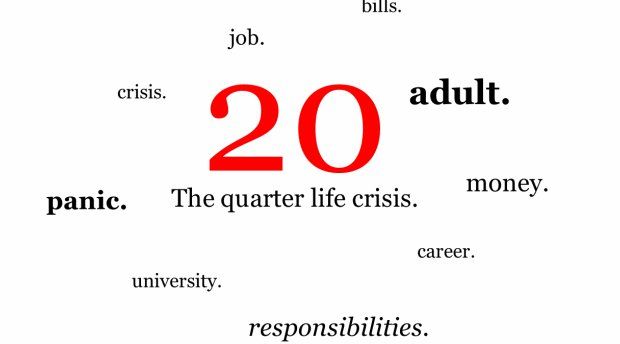What’s Old And What New With Resumes In 2012
Post Views 185It seems that everyone has an opinion on just what a resume should contain, how many pages it is supposed to be and just how it need to be formatted. So as we enter into this new year, what are some universally agreed-upon elements that are in, and which ones are not? Here are some of the best practices when it comes to making sure that your resume has been written in the most perfect form.
- Lose The Objective Statement:
The days of including a career objective and/or professional summary are now over. It is a waste of valuable space. Instead, just address this with a sentence in your cover letter about how the position you’re applying for fits well into your overall plan for your career. - Be Concrete:
Use numbers and proof of what you have accomplished. ”Increased sales by 35 percent through client profiling campaign” is better that ”Increased sales in my region.” Stop giving generic tasks, and get creative in showing what you did in your role or how you brought forth a few new ideas for products, processes, efficiency, instead. The more that you quantify your efforts with actual numbers and data, the much better position you are going to be in. - Cover Letters Are Back:
Like the ”two page versus one page” debate, the subject of having a cover letter is a very heated one. While some of the recruiters are going to say that they don’t bother even looking at them, other say that the job seekers have gotten very lazy because they refuse to take the time to sit down and write one. Writing a cover letter is a perfect opportunity to sell yourself, and it is right where you can infuse some personality into your application. But once you come up with the perfect cover letter, don’t push it into every job prospect. Take a few extra minutes before submitting a new application and tailor your cover letter to why you want that specific job at that specific company, and why your skills would benefit the overall organization if you can get hired. - Keywords Are Your Friend:
If a recruiter or manager can put your resume side-by-side with the job requirements and check off the same keywords, then you have made his or her life so much easier. Instead of using a lot of useless jargon on your resume, pay more attention to the keywords that are in the job posting. Be sure to use them in your resume, and in your cover letter, because even the applicant tracking systems are based off of keyword searches. Just as you use keywords to search for a job, employers are using keywords to find the perfect resume.




 9 Questions to Ask Before Working at a Startup Company
9 Questions to Ask Before Working at a Startup Company  How to Find Companies That Look for Productive Workers
How to Find Companies That Look for Productive Workers  Don’t Forget to Give Back with Volunteer Work
Don’t Forget to Give Back with Volunteer Work  San Diego County Back to Full Employment
San Diego County Back to Full Employment  What is a Quarter-Life Crisis and How to Tackle It
What is a Quarter-Life Crisis and How to Tackle It  Be More Productive in 7 Days
Be More Productive in 7 Days  9 Tips to Help You Prepare to Work Abroad
9 Tips to Help You Prepare to Work Abroad